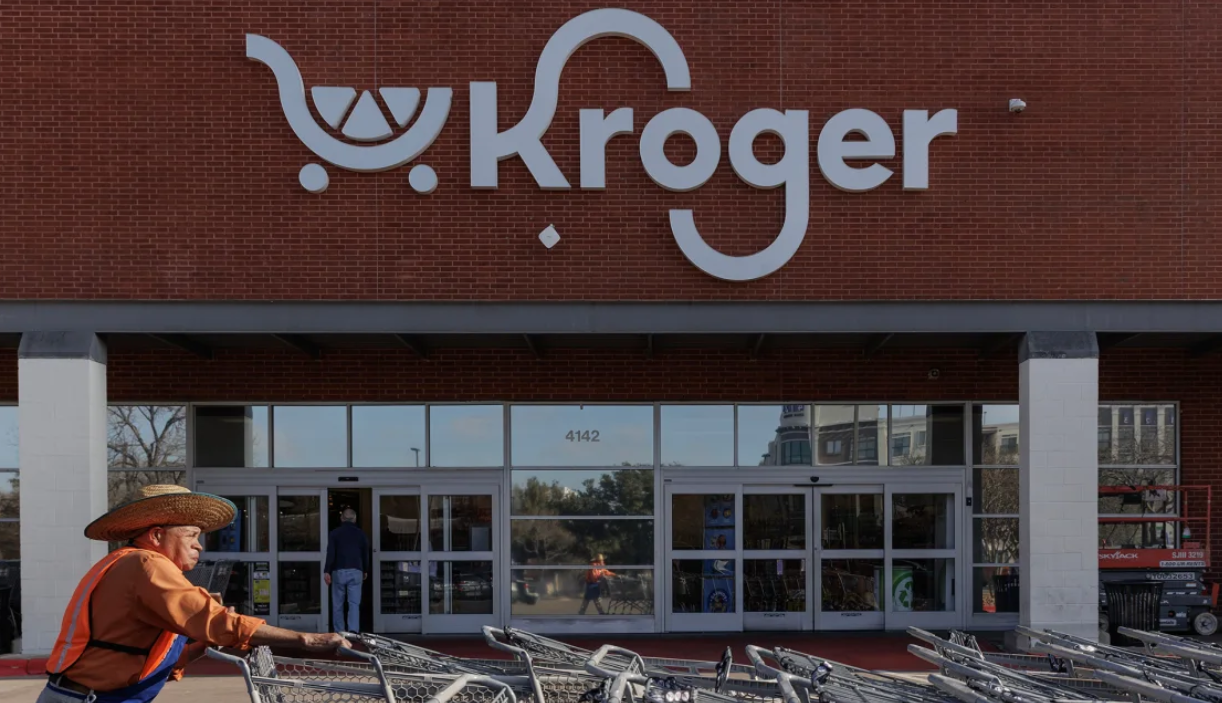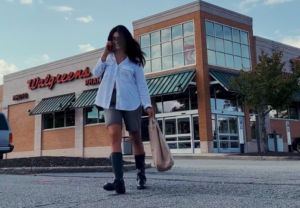A federal judge in Oregon has ordered Kroger and Albertsons to block a proposed $25 billion merger. The court ruled that the action was the largest merger in US supermarket history and would reduce competition and harm consumers.
The decision is considered a major blow to both the chains and raises major questions over the success of the merger. Judge Adrienne Nelson granted a preliminary stay, and the companies can appeal the decision.
Purpose of Merger:-
The merger, which was announced in 2022, would bring together the fifth and tenth largest retailers in the US. These companies own several supermarket chains such as Safeway, Vons, Harris Teeter and Fred Meyer.
Retailers have lost market share in recent years to greater competition. Kroger and Albertsons had planned a merger to compete with larger competitors such as Walmart and Amazon.
The labor organizations of both these companies are mainly unionized. They argued that the merger was necessary to survive against non- union companies such as Walmart, Amazon and Costco. They are also under pressure from growing German discount supermarket chains such as Aldi.
Court decision and concerns:-
When Kroger CEO Rodney McMullan announced the merger in 2022, he said it would help the company compete with larger competitors, and he also committed to reducing grocery costs by $1 billion after the merger. However, Judge Adrienne Nelson rejected this argument.
The court noted that supermarkets are distinct from other retailers and are not in direct competition with companies such as Walmart or Amazon. The merger could end competition between Kroger and Albertsons and lead to higher prices for consumers, he said.
Criticism against mergers:-
The merger has been strongly opposed in the wake of rising food prices. Labor unions, small grocers, and Democrats as well as Republican lawmakers opposed the plan from the start.
In February, the Federal Trade Commission (FTC) filed a lawsuit opposing the merger. The FTC said the merger would raise food prices for millions of U.S. consumers and cut wages for thousands of grocery workers.
Kroger and Albertsons had decided to sell 579 stores to C&S Wholesale Grocers to combat competitor concerns. However, the FTC claimed that C&S was not able to operate the stores and that the venture could be a “failed disaster”.
Judge Nelson agreed with the FTC’s opinion, saying the merger would threaten the existence of small grocers.
A tendency towards increased consolidation as a result of mergers:-
By 2019, the 20 largest grocers controlled 64% of food sales, more than double from 1990. This has reduced the market for small grocers to a great extent.
Demand for strict regulations:-
Antitrust enforcers have welcomed the decision. “American consumers are suffering from rising food prices, and a Kroger- Albertsons merger would have made that worse,” said Rebecca Wolff, senior food policy analyst at Food & Water Watch.
This landmark case will have important implications for future enforcement of competition laws and large commercial transactions.














